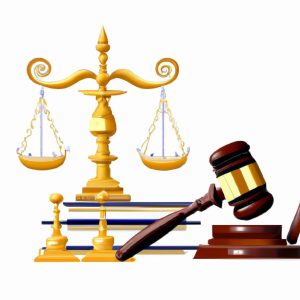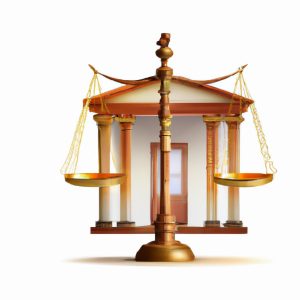Organizing Estate Documents in New York
Organizing your estate documents is a crucial aspect of responsible financial and family planning. Proper organization ensures that your assets are protected, your wishes are honored, and the transition of your estate is as smooth as possible. In this comprehensive guide, we will explore effective strategies for organizing your estate documents. Additionally, we will delve into the factors that determine whether probate is needed in the state of New York, providing you with valuable insights to secure your legacy.
Effective Strategies for Organizing Estate Documents
Organizing your estate documents may seem daunting, but with a structured approach, you can simplify the process and ensure that your wishes are carried out effectively. Here are some effective strategies to consider:
1. Create a Comprehensive Inventory
The first step in organizing your estate documents is to create a comprehensive inventory of your assets and liabilities. This includes listing all your financial accounts, real estate properties, personal property, investments, insurance policies, and debts. Having a clear overview of your financial situation is essential for proper planning.
2. Gather Important Documents
Collect all the essential documents related to your estate, including:
- Will: Your last will and testament is a critical document that outlines how your assets should be distributed.
- Trust Documents: If you have established trusts, gather the trust agreements and related documents.
- Beneficiary Designations: Collect documents related to beneficiary designations on retirement accounts, life insurance policies, and other financial assets.
- Real Estate Deeds: Keep copies of deeds for any real estate properties you own.
- Financial Account Statements: Maintain records of bank accounts, investment accounts, and retirement accounts.
- Insurance Policies: Keep copies of life insurance policies and any other insurance coverage you have.
- Debts and Obligations: Document any outstanding debts, loans, or obligations.
3. Organize Your Digital Assets
In the digital age, it’s essential to consider your digital assets as well. This includes online accounts, email addresses, social media profiles, and any other digital properties. Create a list of your digital assets and store login information and access instructions in a secure but accessible location for your executor or designated individual.
4. Designate a Filing System
Establish a clear and organized filing system for your physical and digital documents. Use folders, labels, and digital storage solutions to keep everything well-organized. Ensure that your executor or trusted family member knows how to access these files in case of an emergency.
5. Communicate Your Wishes
It’s crucial to communicate your wishes and the location of your estate documents to your family members and beneficiaries. This open communication can prevent confusion and disputes in the future. Consider having a family meeting or discussing your plans with your loved ones.
Determining Probate Necessity in New York
Understanding when and how probate is necessary is vital for estate planning in New York. Probate is the legal process of validating a will and administering the estate. Several factors influence whether probate is needed:
1. Type of Assets
The type of assets you own plays a significant role in probate determination. Assets held solely in your name may require probate, while assets with designated beneficiaries or jointly owned assets typically avoid probate. Review your asset types and ownership to assess the probate necessity.
2. Estate Size
New York has specific thresholds for simplified probate procedures. If your estate’s total value falls below these thresholds, probate may not be necessary or may involve a simplified process. Consult with an estate planning attorney to determine how these thresholds apply to your situation.
3. Complexity of the Estate
Complex estates, especially those with disputes among beneficiaries or unclear terms in the will, may require probate to ensure proper resolution. Probate can help resolve conflicts and ensure that the deceased person’s wishes are upheld when disagreements or uncertainties arise.
4. Presence of a Will
If you have a will, it typically needs to go through probate to be validated and executed. However, assets with designated beneficiaries may bypass this process. Probate serves the crucial function of ensuring the authenticity of the will and granting the executor the legal authority to execute the deceased person’s wishes.
5. Legal Requirements
New York has specific legal requirements for probate, including filing deadlines and procedural steps. Adhering to these requirements is essential for a smooth probate process. Failure to meet these requirements can lead to delays and complications.
Conclusion
Organizing your estate documents and understanding the determinants of probate are essential steps in ensuring that your assets are protected and your family’s future is secure. By following effective strategies for document organization and having a clear understanding of when probate may be necessary, you can navigate the complexities of estate planning in New York with confidence. For personalized guidance and expert assistance, consider reaching out to professionals like Morgan Legal Group, located in the heart of New York City. With proper organization and expert advice, you can secure your legacy and provide for your loved ones, even during challenging times.






